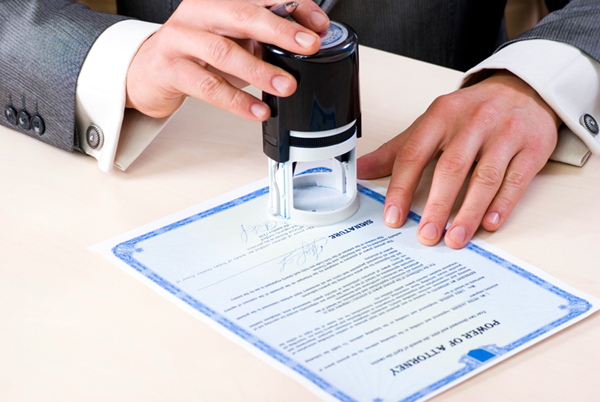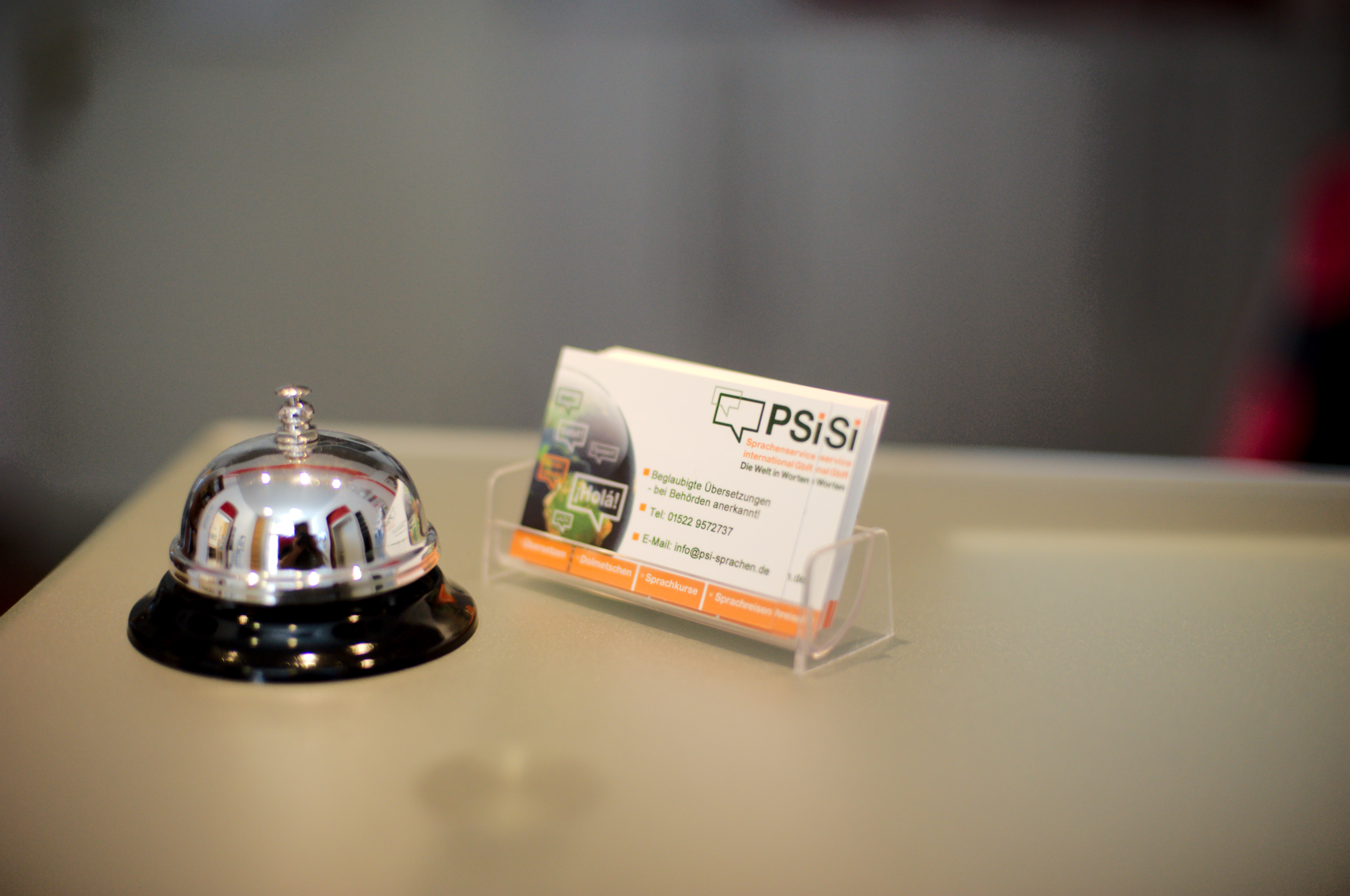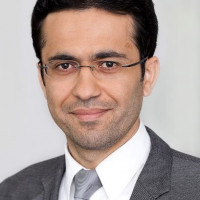
If you need to submit documents to authorities or business partners, we will gladly provide certified translations for you!
- birth certificates, marriage certificates, driver's licenses...
- workbooks, certificates, diplomas...
- apostils
- trade register excerpts
- contracts of sale for notarial certification
PSi translation service for you...

- send your documents either via inquiry form, e-mail, WhatsApp, or mail
- we will quote you a price and inform you about the processing time
- we will conveniently mail the translation back to you
- you can simply transfer the billed amount or use PayPal for advance payment




